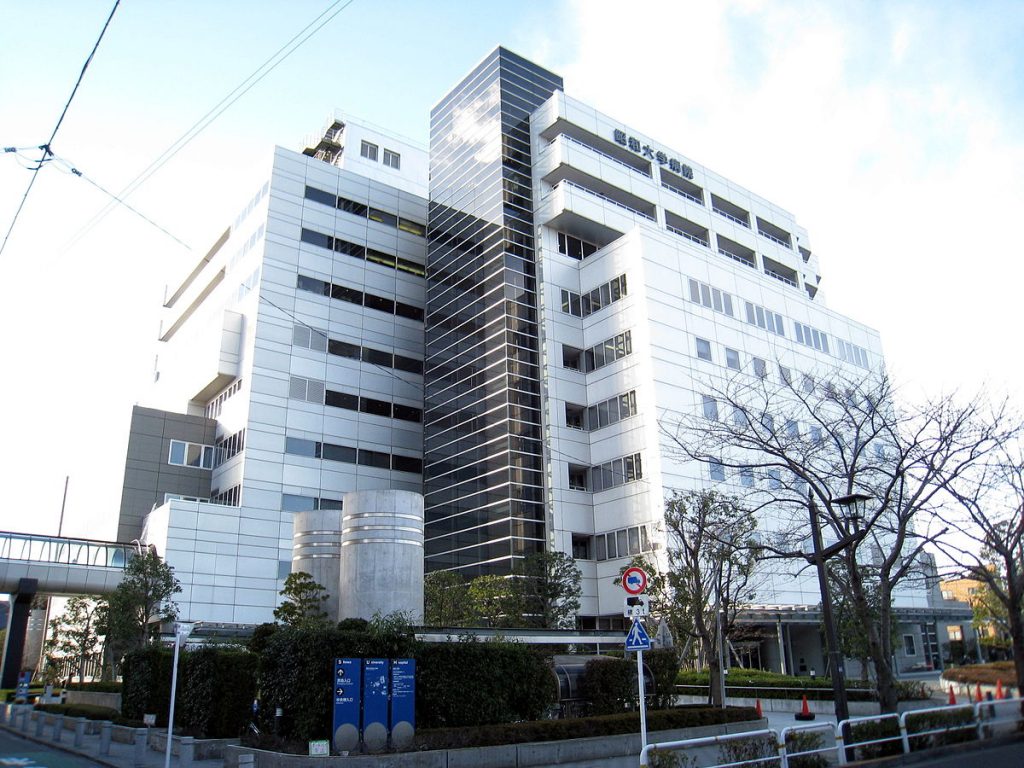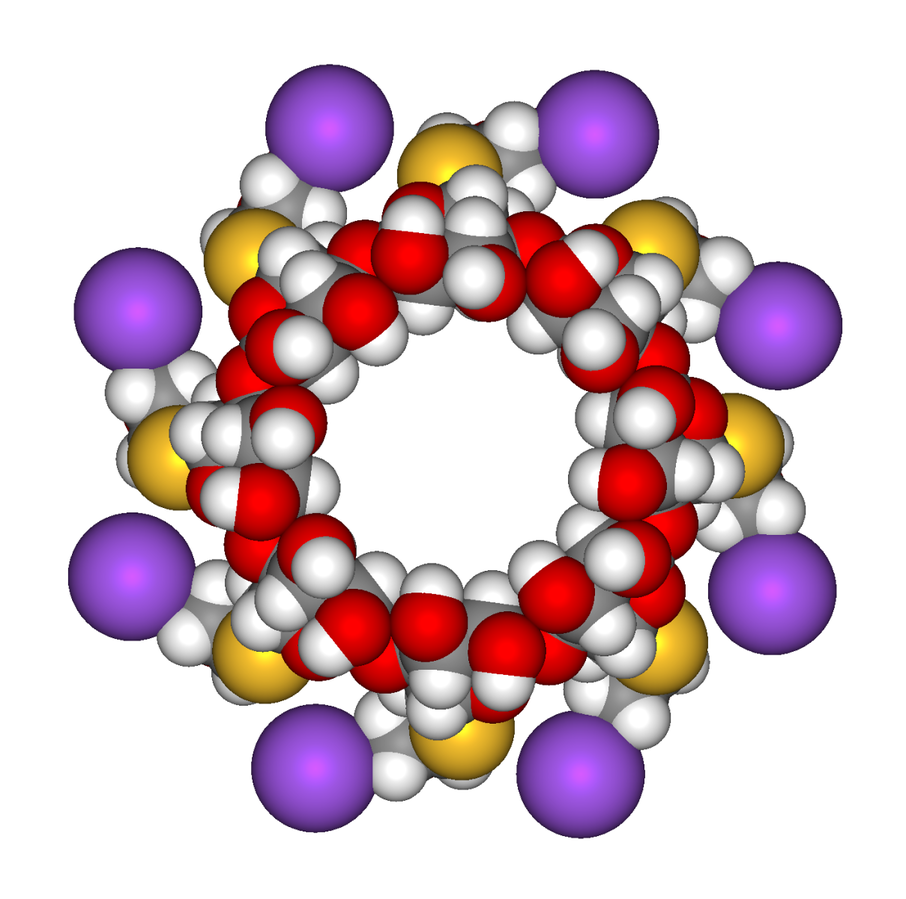An anesthesiologist who had his funding revoked for fabricating data has earned a fourth retraction for publishing the same data in two Springer Nature journals.
Wen-fei Tan, an anesthesiologist at The First Hospital of China Medical University in Shenyang, is the first author of the recently retracted paper “Changes in the first postoperative night bispectral index of patients after thyroidectomy with different types of primary anesthetic management: a randomized controlled trial,” published in the Journal of Clinical Monitoring and Computing (JCMC), a Springer Nature journal, in 2017. It has been cited four times, according to Clarivate’s Web of Science.
The retraction notice states:
Continue reading University cuts anesthesiology researcher’s funding amid four retractions







